In life, we evaluate various positions about politics, society, and personal choice based on one of three systems. The first is the innate moral system (IMS), this is basically our instinctual reaction to things. An example would be if someone suggested we let all social programs run out and let those that rely on them die in order to keep more money going towards productive capacity. If you’re like me, this would likely activate your IMS before you are able to evaluate it with your second system, the internal rational system (IRS): the logical part of your mind that evaluates ideas based on their costs and benefits. Some ideas are morally repugnant enough that your IRS never activates, and you dismiss it entirely before evaluating it rationally. This is a simplified roadmap with various caveats, but it’s good enough for the purpose of this article.
The third system by which we evaluate ideas is the external tribal system (ETS). This is the mode that activates in between the IMS and the IRS. When you don’t have an immediate disgust response (IMS), you look around you to see if anyone else has an immediate disgust response, if they do then your IMS updates like a patch, letting you know that it is in your best interest to go along with the group and not think too hard. If you have no moral reaction to an idea (IMS) and there is no one around, or those around you do not have an IMS response either, then you finally proceed to the final stage which in this case would be the rational evaluation (IRS). If you think about something long enough and convince yourself that it’s really good or bad, that will feed back into the IMS, causing you to have an immediate reaction in the future if the topic comes up.
In regular speak, you rely on your initial reaction to tell you where to start thinking about something, and when you don’t have a strong reaction - you lean on your culture or nearby peer group. When they don’t have an answer you’ll expend energy actually thinking for yourself.
There are good and bad things
Many things in life that are good for us sound bad. To put on more muscle, I have to lift weights which is not something I want to do. To make more money I have to put myself out there more, which is not something I want to do. But I do want to make money and I do want to have bigger muscles.
This saddens me.
But that’s life. There are things that we should do that sound bad at first. For example, we should have external wombs and government-supported IVF. We should allow abortion and let kids drop out of school sooner. We shouldn’t be concerned with first-world inequality. Some things that are good don’t have large costs like subscribing to this Substack, but that’s not most things. The list of good things that sound bad is very long, because if we acknowledge that the best things come at a cost then we can assume that some things will have very large costs (sounds bad) that nonetheless have larger benefits (net good).
Words are subjective
Take abortion for example. It is your choice whether to describe abortion as murder, because words are subjective after all, but at the very least it is ending a life. If we for a moment define ‘ending’ as the final part of a sequence and life as whatever separates people from rocks, then abortion should be the ‘ending’ of fetal development, which would be alive by standard definitions. If you want to describe that as murder, and therefore the doctor as a ‘murderer’ and the mother as an ‘accessory to murder’, you could do that but it seems like an odd decision.
But it is still your decision to define it that way (you are the decider).
In any case, abortion sounds bad to my ears. Given that babies develop from fetuses, fetuses look like babies. And it would suck to kill babies. So it somewhat sucks to kill fetuses; at least that seems apparent to me. Typically pro-choice defenders try really hard to define fetuses as not alive, or that life starts at consciousness, or the third-trimester. This seems like a convenient definition more so than anything real, as plenty of living things are not conscious. Even then the most natural definition of life that seems to work for me is when the fetus is acknowledged by the parents, perhaps by being announced or given a name. Then the fetus would be a part of the social community or at least an anticipated member. So how can I acknowledge the ‘ending’ or ‘murder’ or ‘cancellation’ of a fetus as being unfortunate, but still support abortion?
I view the moral downside of ending a life as a cost! So to support it means that I believe the bodily autonomy argument constitutes a benefit that exceeds the cost. In this sense, I am using the concept of women’s rights to defend the concept of abortion.
In another sense, I’m using one facet of Wokeness (women’s rights) as a way to purify the negative emotional response to abortion.
The slippery slope of Woke
For the purpose of this article, I will define Woke as the combination of leftist positions around POC rights, Women’s rights, and LGBT.
The above argument about abortion may not convince you, but that’s fine. It’s too much to ask of any particular argument to be maximally convincing to everyone, but the arguments that do rely on Woke concepts can be convincing to left-wing people. Take IVF for example. I think there is a tendency to view any type of embryo selection as a bridge too far for lefties for eugenics reasons, but if you use the wrapper of Women’s rights then it becomes a lot more persuasive, especially if combined with LGBT. Importantly, this can work as an ideological slippery-slope.
Dropout age:
Enforcing laws:
Capitalism:
Woke can act as a wrapper around bad sounding things that are good, to make them sound good. This can be useful because these arguments have a shot at appealing to people who have a negative emotional response to the original suggestion, or at least create the possibility of a slope towards more productive thoughts. What is happening is that many people who share traditionally left of center values tend to be critical of the examples used above. So a possible way to change their minds would be to use arguments that conform with their existing worldview, rather than trying to change their worldview outright. There are existing examples of this such as DEI as implemented in companies today, but that is another topic for another time.
Robin Hanson, Woke Champion
Understanding Hanson’s concept of The Sacred can be informative here.
Humans have long treated some especially important things in a distinctive special “sacred” way. For example, the following are widely seen as at least somewhat sacred: family, love, charity, courage, honesty, liberty, school, art, music, dance, fiction, innovation, epiphanies, inquiry, religion, spirits, sky, space, nature, sport, talk, friendship, health, medicine, children, democracy, law, sex, death, war, royalty, and nation. While we see wide variation in who treats what as how sacred, almost all of us treat some of these in a similar substantially-sacred way. Yes, we have many good reasons to value such things, but why value them in this special “sacred” way?
Most importantly, we don’t rationally think about sacred things and feel weirded out when others do. Rational thinking defiles the sacred. By using Hanson’s concept of The Sacred, we have a goal to move towards and can utilize various leftist arguments as a means of getting from point A to point B. The function of Woke can be conceptualized as the following:
I claim that Woke is sacred to many people, or at least close to it. Maybe not as universally sacred religion for example, but it doesn’t need to be. We live in a democracy which means that if 50 percent of people think something is true, legislatively, it is.
So if Woke arguments can wrap around non-sacred arguments, then it could be a way of laundering bad sounding things into the sacred camp, turning off rational arguments against it in favor of giving people a positive emotional response to have when they hear about it. Letting people select embryos, drop out of school, and abortion aren’t bad, they’re Freedom, and they are therefore sacred and protected from rational thought. We may could even get to a point where rationally thinking about these things is shunned in favor of blindly accepting them as obviously moral.
I’ve only seen this talked about in two other places. Hanania wondered if corporations are actually smart in using DEI to shield themselves against criticism, and Freddie deBoer wrote a book about how various institutions assimilated the energy from 2020 neutralizing demands for change. This is a great Slate Star Codex post where Scott Alexander goes to pride and it ends up being a thinly veiled celebration of the United States of Corporations. My guess is that this can be articulated more directly as a useful rhetorical strategy.
Some top contenders for Woke purification:
NIMBYISM could be neutralized by giving land back to natives.
Capitalism could use DEI to purify itself and assimilate socialism.
Government Daycare can be reframed as “Education”.
Woke could purify western society more generally.





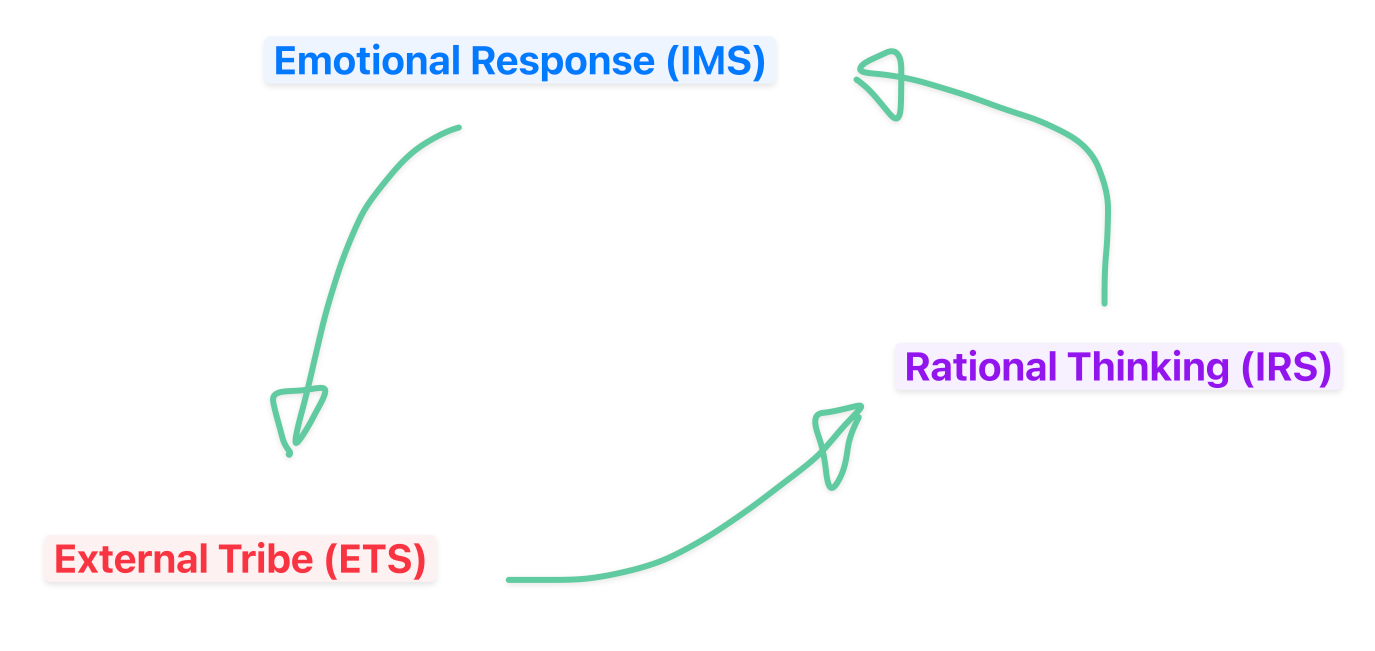
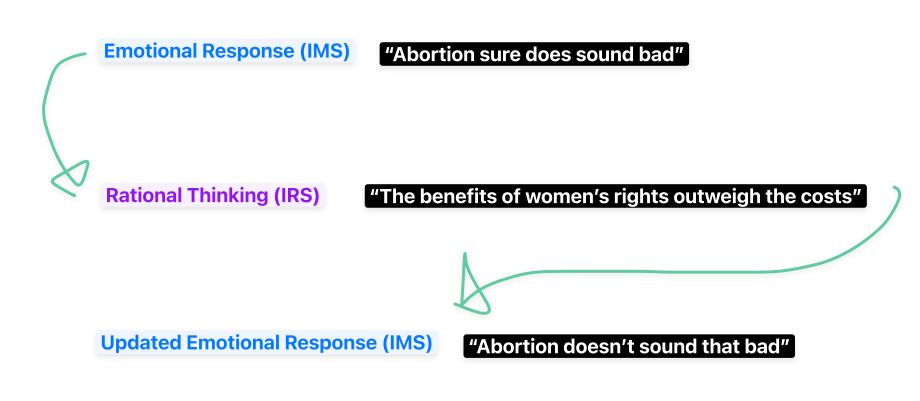
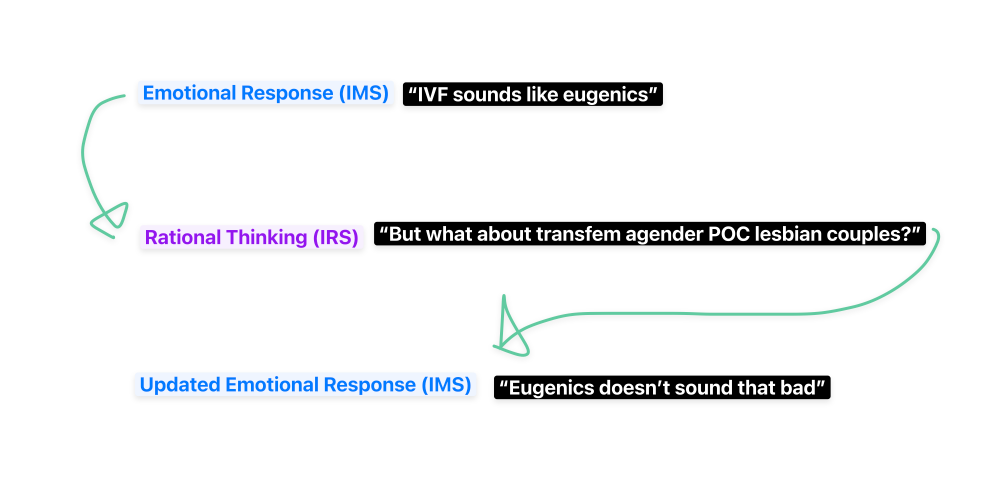
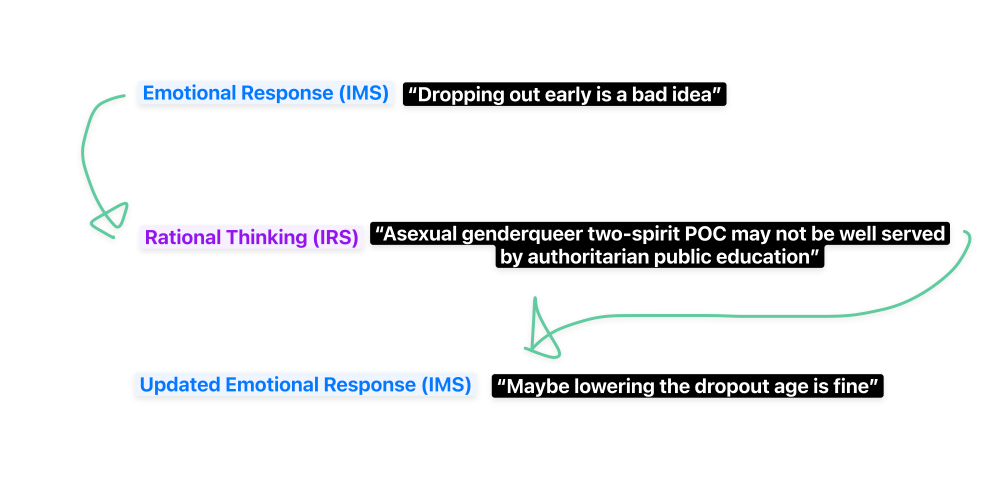
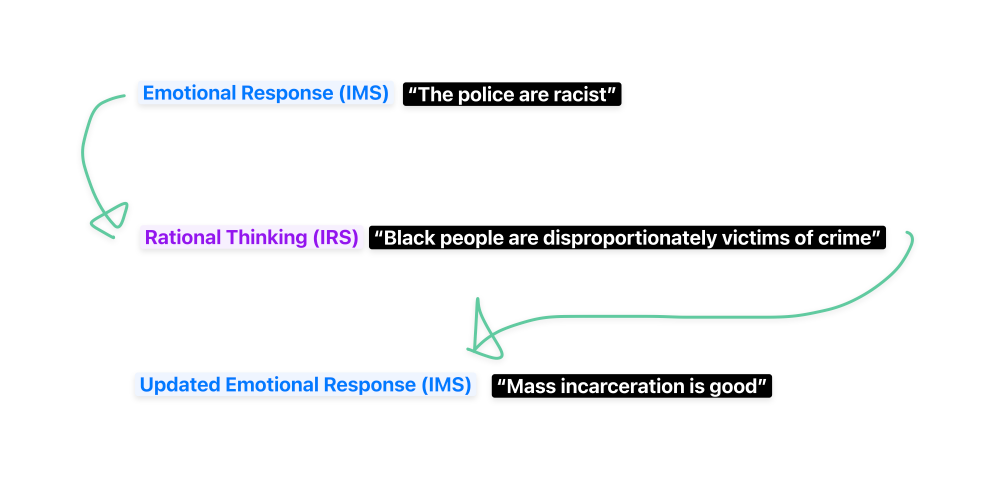
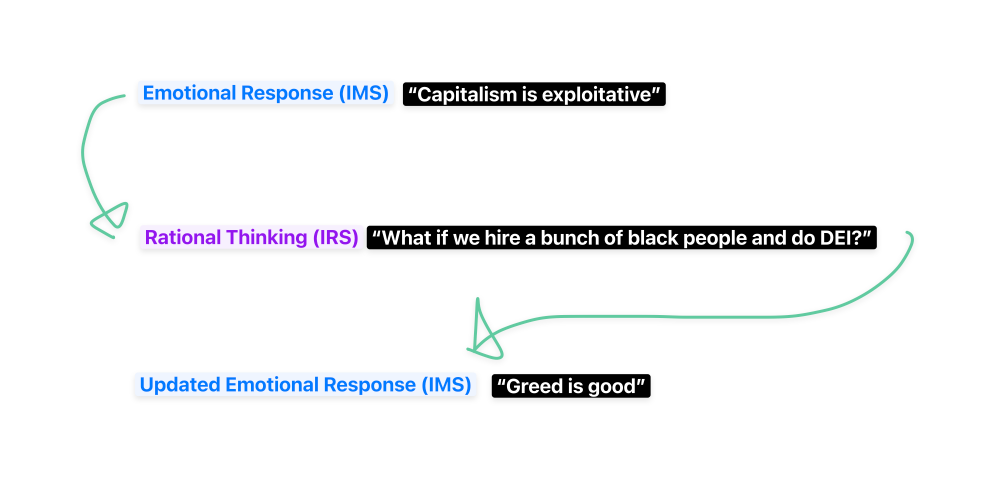
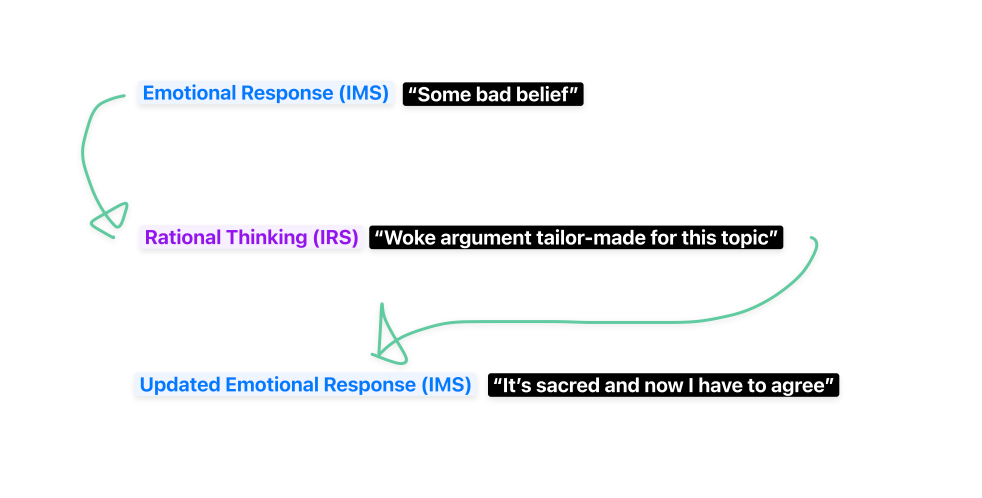

Appeasing the insane is not a viable strategy.